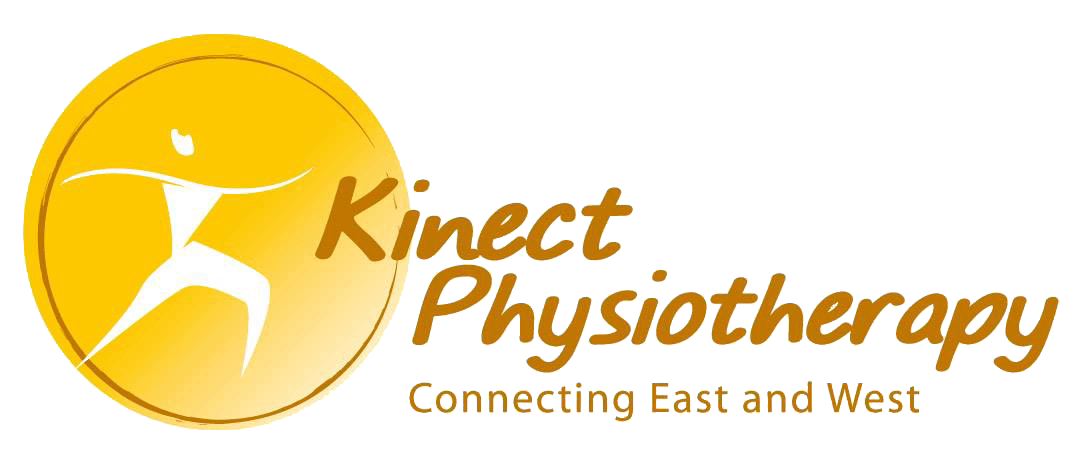Injuries are a common occurrence, whether it’s a sprained ankle, a pulled muscle, or a broken bone. The road to recovery can be long and challenging, and it’s important to seek professional help to ensure a smooth and successful rehabilitation process. One of the most effective ways to recover from an injury is through physiotherapy. Physiotherapy is a non-invasive, drug-free treatment that focuses on restoring movement and function to injured areas of the body. In this article, we’ll explore the benefits of physiotherapy for injury rehabilitation and how it can help you recover faster and improve your overall physical wellness.
What is Physiotherapy?
Physiotherapy, also known as physical therapy, is a healthcare profession that focuses on the prevention, diagnosis, and treatment of physical impairments, disabilities, and pain. Physiotherapists use a range of techniques and tools to improve a patient’s physical function and mobility, including manual therapy, exercise therapy, electrotherapy, and other modalities. They work with patients of all ages and backgrounds, from athletes and dancers to individuals with chronic pain or neurological conditions.
Who Can Benefit from Physiotherapy?
Physiotherapy can benefit individuals of all ages and backgrounds, including:
1. Athletes: Physiotherapy can help athletes recover from injuries and improve their overall physical performance.
2. Individuals with Chronic Pain: Physiotherapy can help manage chronic pain and improve physical function.
3. Individuals with Neurological Conditions: Physiotherapy can help improve mobility and function for individuals with neurological conditions such as multiple sclerosis, Parkinson’s disease, and stroke.
4. Individuals with Work-Related Injuries: Physiotherapy can help individuals recover from work-related injuries and prevent future injuries.
The Benefits of Physiotherapy for Injury Rehabilitation
The benefits of physiotherapy for injury rehabilitation are numerous. Physiotherapists can help reduce pain, improve the range of motion and muscle strength, and shorten the recovery time after an injury. They can also provide rehabilitation services like rotator cuff repair or knee surgery rehab. Additionally, physiotherapists understand the needs of elite athletes and will tailor their treatment plans accordingly.
For those with a wide range of injuries, from sports-related issues to musculoskeletal problems, physiotherapy offers a holistic approach to injury rehabilitation. A physio will be able to assess the patient’s condition, develop a management plan that includes pain control and exercise programs
Physiotherapy has numerous benefits for injury rehabilitation, including:
1. Pain Management: Physiotherapy can help reduce pain and discomfort associated with injuries through a range of techniques, including manual therapy, soft tissue mobilization, and therapeutic exercises.
2. Improved Mobility and Function: Physiotherapy can help improve mobility and function in injured areas of the body by using techniques such as stretching, strengthening, and range of motion exercises.
3. Faster Recovery: Physiotherapy can help speed up the recovery process by promoting healing and reducing inflammation in injured tissues. It can also help prevent further injuries by improving overall physical function and strength.
4. Customized Treatment Plans: Physiotherapists create individualized treatment plans based on each patient’s specific needs and goals. This ensures that the treatment is tailored to the individual and maximizes their chances of success.
5. Non-Invasive and Drug-Free: Physiotherapy is a non-invasive, drug-free treatment that is safe and effective for people of all ages and backgrounds. It is a natural way to promote healing and improve overall physical wellness.
What to Expect During Physiotherapy
If you’re considering physiotherapy for injury rehabilitation, here’s what you can expect during your treatment:
1. Initial Assessment: Your physiotherapist will conduct an initial assessment to evaluate your injury and develop a treatment plan based on your goals and needs.
2. Treatment Sessions: Treatment sessions will vary depending on your injury and treatment plan. They may include manual therapy, exercise therapy, electrotherapy, and other modalities.
3. Home Exercises: Your physiotherapist may prescribe exercises for you to do at home to supplement your in-clinic treatments.
4. Progress Evaluation: Your physiotherapist will regularly evaluate your progress and adjust your treatment plan as needed to ensure optimal results.
Frequently Asked Questions
Is physiotherapy painful?
How long does physiotherapy take?
How often do I need to go for physiotherapy?
Can physiotherapy prevent future injuries?
Do I need a referral from a doctor to see a physiotherapist?
Conclusion
In summary, physiotherapy is an effective and non-invasive way to recover from injuries and improve overall physical wellness. With benefits such as pain management, improved mobility and function, and faster recovery, it’s no wonder that physiotherapy is a popular treatment option for injury rehabilitation. Whether you’re an athlete recovering from a sports injury or an individual with chronic pain, physiotherapy can help you get back on your feet and improve your quality of life. Don’t hesitate to reach out to a physiotherapy clinic to learn more about how physiotherapy can benefit you.





